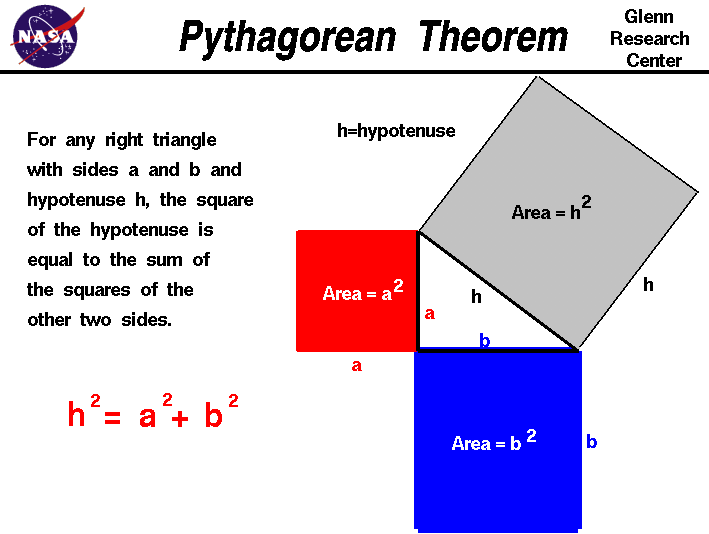Greece - carina-wirtley/Group-Wiki-Project-1 GitHub Wiki
Religion in Greek Math
Introduction
Religion has impacted math in so many ways, in this section we will talk about how religion played a role in Greek mathematics. We will speak of Pythagoras and his faith, and discuss what the Greeks thought about zero. Phyisthoras is known for more than the pythagrarus theory.
Pythagoreanism
Pythagoras thought that math was the answer to all of life's questions and life itself. Pythagoras is probably the first name that you think of when thinking about Greek mathematicians who were influenced by religion. Pythagoras founded a religion called Pythagoreanism, which was centered around numbers. Numbers were infinite and real.
Although he is known most for math, he also saw how math is used within music and found that a perfect 5th was a ratio of 3:2. He used the same pattern to figure out what the perfect 4th is.

The thing that he is most known for is the Pythagorean theorem which states that with a right triangle, a^2 + b^2 = c^2. This is used to find the lengths of all of the sides. When you first learn it you mostly only use it to find the length of the hypotenuse. As long as you know the lengths of two sides then you can find out what the third length is.
Zero as a number
A lot of the ancient Greeks did not believe that zero was a number or had any real meaning or use. Pythagoras was said to think that zero was just the concept of nothingness and void. He believed that it went against everything thing else in the world because everything came from one thing. They had known about fractions but instead of thinking that the number was getting closer and closer to 0 they just believed that it was just getting smaller. They knew about the concept of 0 but would not consider it a real number like 1- 9. Since they cannot fully grasp the concept of 0 they also couldn't understand the concept of Infinity.

Conclusion
In Greece, Pythagoras made a huge impact on mathematics, creating a religion called Pythagoreanism around them. He believed numbers to have a divine quality. The Greeks did not accept the number 0. They did not think it had any purpose. Due to this they were unable to understand infinity either. Despite that, they made great mathematical advancements. The most noticeable is by Pythagoras, who had a religious belief in numbers themselves.
Sources:
3 ancient Greek mathematics. (n.d.). https://www.math.uci.edu/~ndonalds/math184/greece.pdf
Nelson, E. (n.d.). Mathematics and Faith. https://doi.org/http://www.math.princeton.edu/∼nelson/papers.html
Thesleff, H. (2024, September 3). Pythagoreanism. Encyclopedia Britannica. https://www.britannica.com/science/Pythagoreanism
Seife, C. (2000). Zero: The biography of a dangerous idea. Penguin books.